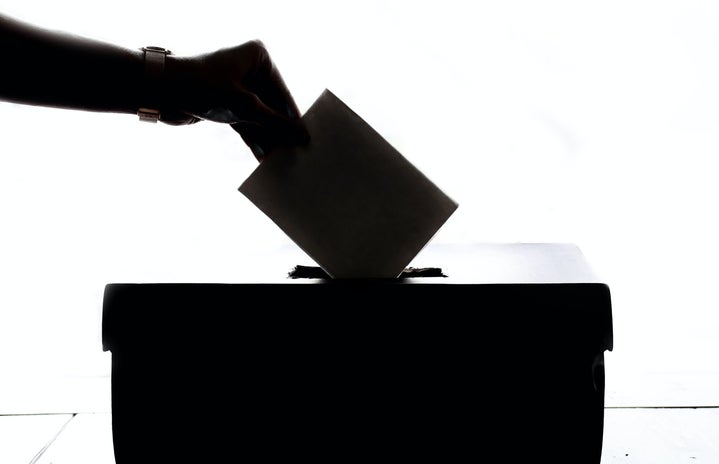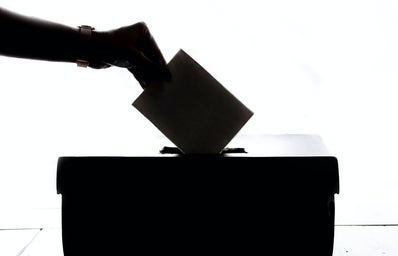As it’s known, the world has been through a lot of changes, including candidate methods to introduce their campaigns to the world. Even if It’s a good strategy to disclose the plans and goals in an election campaign, until when is this going to be the best method? How can we differentiate the real information from fake news and why searching is the best way to be sure about candidate proposals?
First of all, it is important to clarify that being informed through social media is not the same thing as studying the political proposals of candidates. It’s also important to get to know more information about their campaigns plans, which brings much more information about the goals of the candidate and how they pretend to reach them.
A study by the DataSenado institute points out that 45% of the Brazilian population has their vote influenced by social networks. The media has increasingly become a source of information for voters. It’s a candidate’s responsibility to show to these people the most relevant information with the campaign plan.
Given that, in this environment that is so connected and decisive for the country’s political direction, fake news remains a latent agenda. The spread of fake news and the misinformation that certain behaviors in the consumption of news can generate is a concern that grows along with the time of internet use. On the other hand, posts and comments made in personal profiles usually incites and starts the debates between friends, family, and also strangers, which allows news points of views.
From right to left, passing through the Judiciary, there is a consensus that social media will be at the center of the electoral debate in 2022. Resolutions that establish rules for the advertising of candidates, parties, federations and coalitions on radio, television, internet, press and also illicit conduct in the 2022 elections were already approved. The rule has been improved and updated, especially with regard to electoral propaganda on the internet and through messaging applications.
To sum up, it is possible to see the relationship of elections and social media in two ways: as an opportunity to bring more information to enlarge our knowledge for each candidate, which brings more certain that what we expect is going to be found in that candidate; and the easier path, to read just the noticies that raise the candidate and just accept that without searching for more informations, neither the true ones.
Let’s be open for new opinions, debates. It’s important to search about the candidate, even those we dislike, and remember that the most voted one is going to have the “power” on their hands for a couple of years. But the responsibility of giving them that comes from the people. The power is actually all yours, of the people. Let’s search to be sure about how to use our powers, to make the right choice. Every vote counts, and you have to know that this important decision is going to come with consequences. Based on the last data that you read, does it comfort you or worry you?


